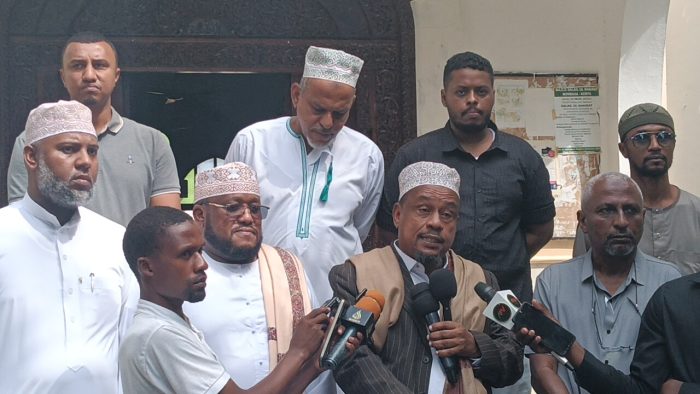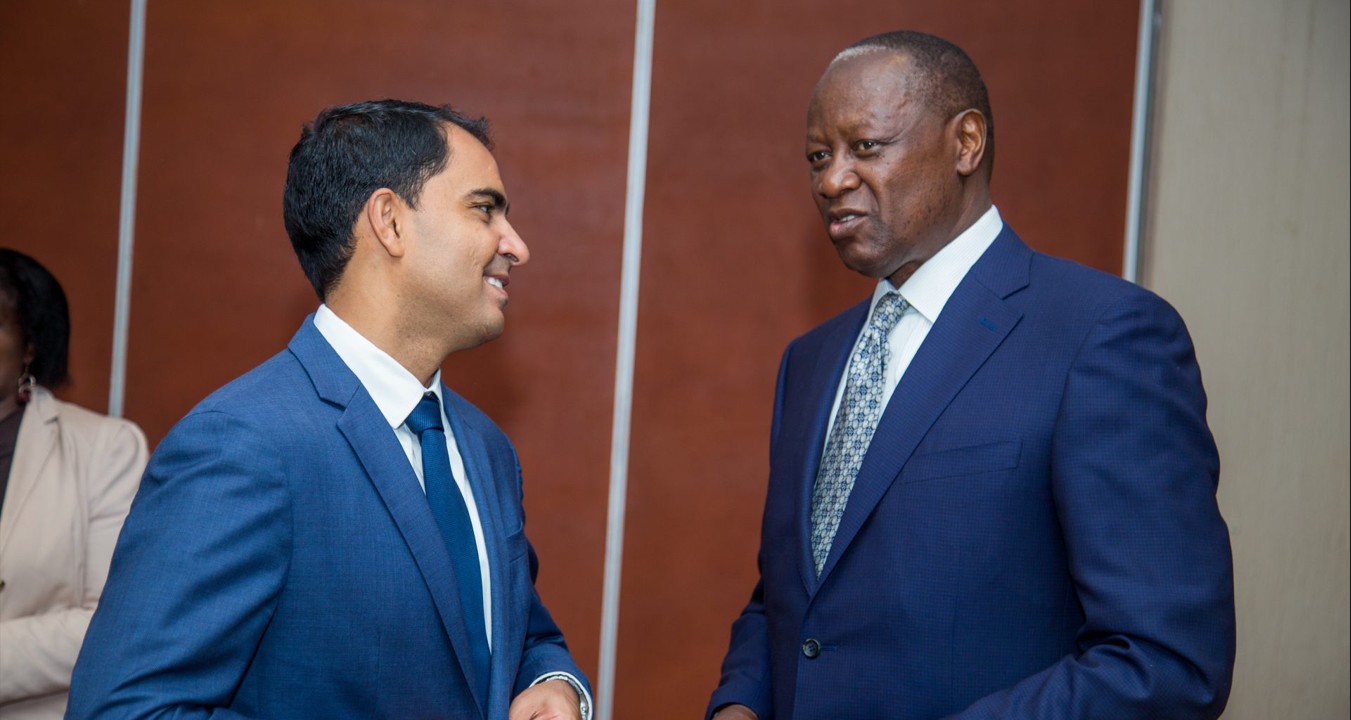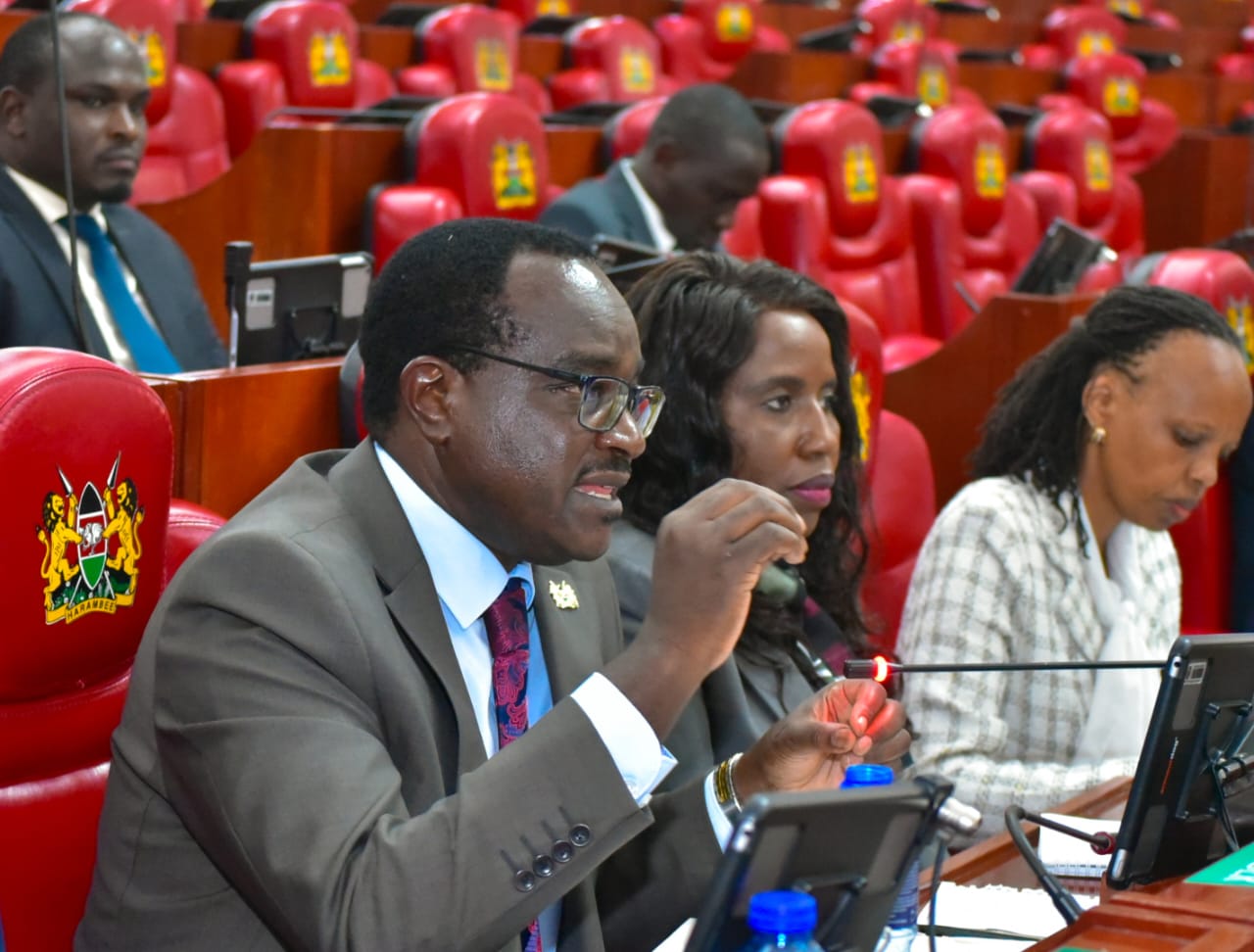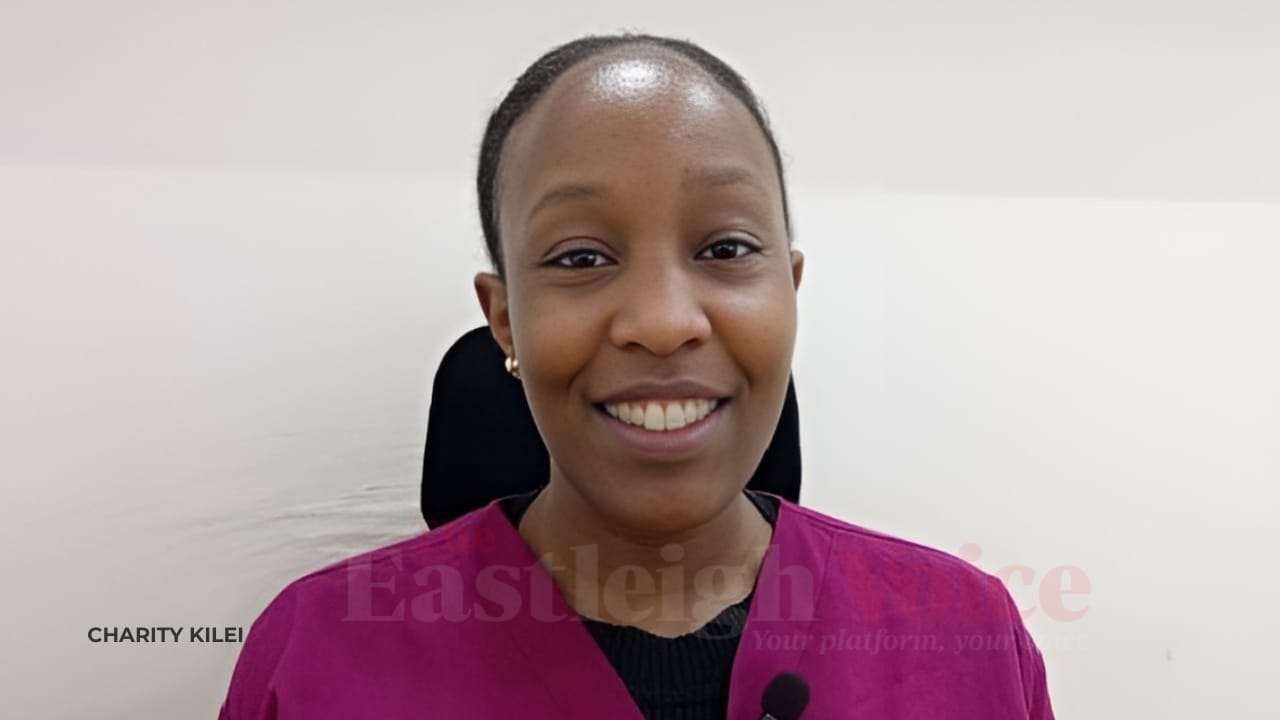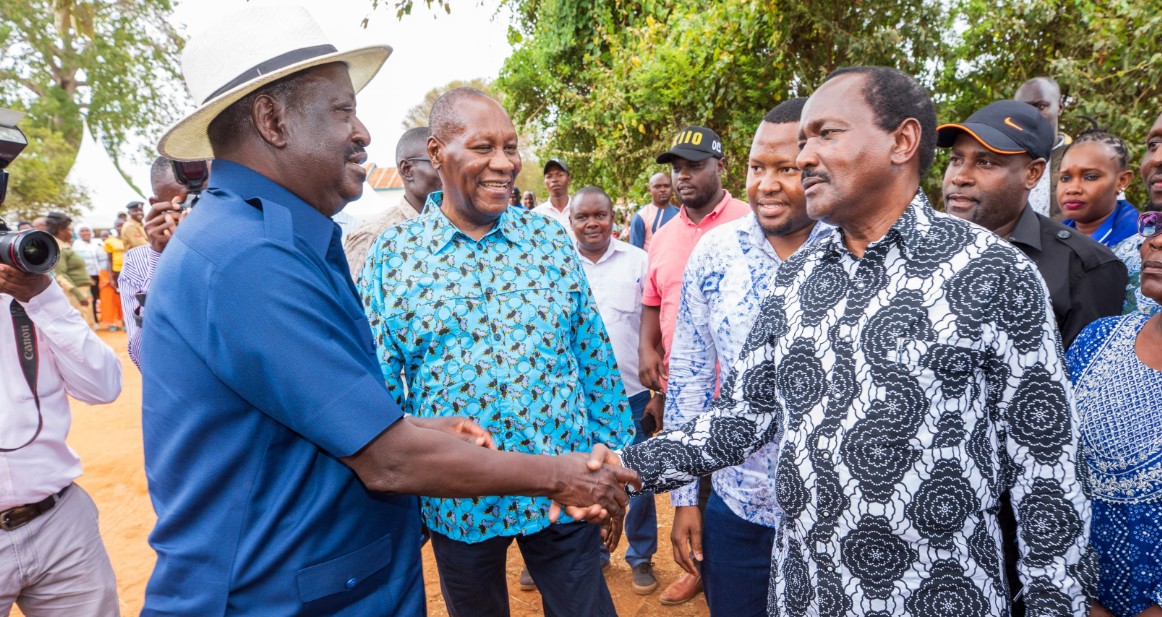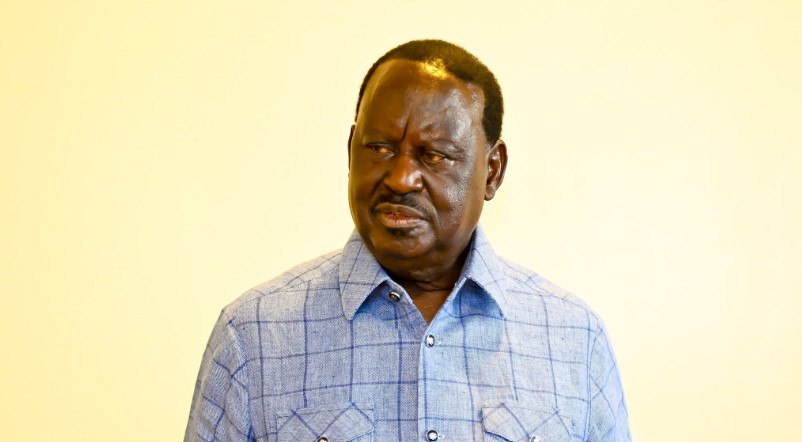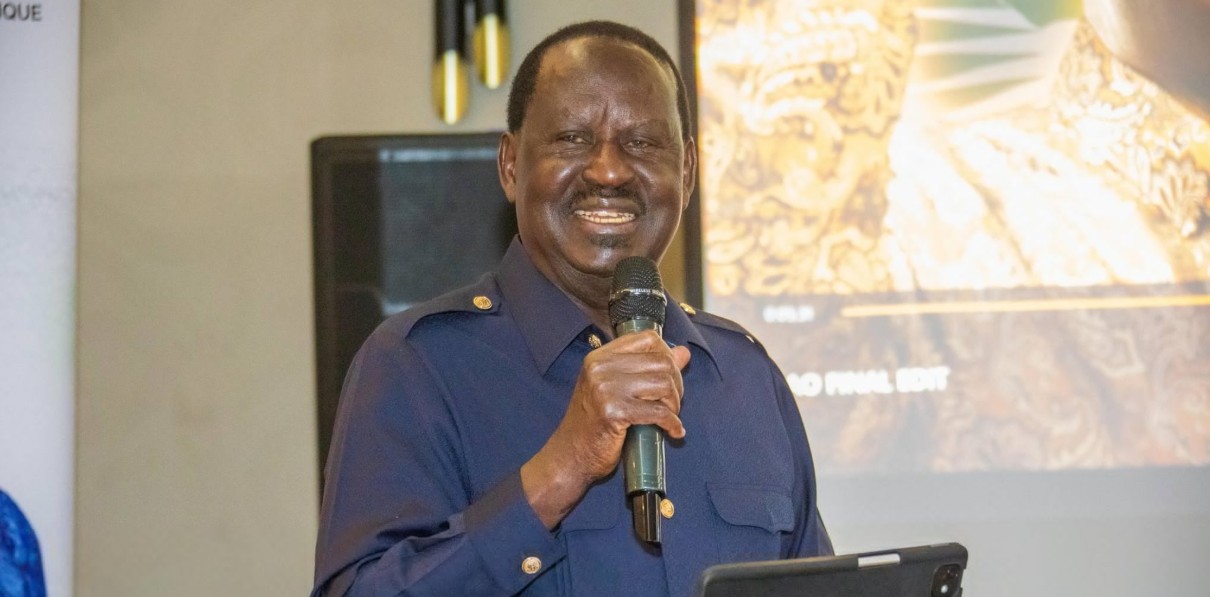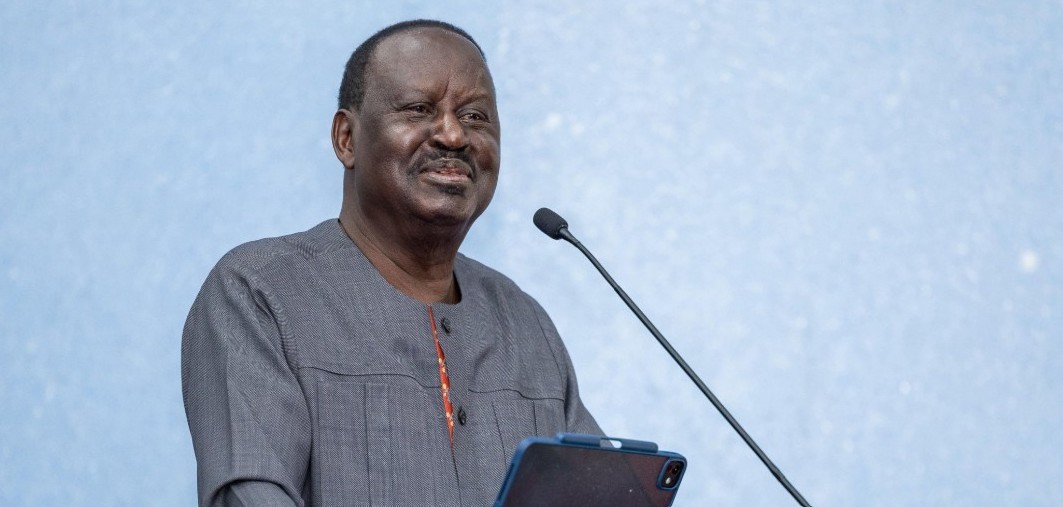AfDB: Kenyan women left behind in green energy transition amid Sh96 billion financing gap

According to the AfDB, women in Kenya face a significant financing gap that hinders their ability to fully participate in and benefit from the renewable energy sector.
Despite efforts to promote equity in the green transition, Kenyan women continue to bear the brunt of the country’s energy access challenges, a new report by the African Development Bank (AfDB) has revealed.
This comes even as their role in the renewable energy sector is increasingly recognised as vital to accelerating clean energy adoption and boosting economic growth.
More To Read
- AfDB, ILO unveil youth-centred investment system to spur recognition, inclusion
- Africa’s environment ministers convene in Nairobi over climate action
- Pain at the pump as fuel prices rise in latest EPRA review
- AU Commission finalises leadership team at Malabo meeting after months-long delay
- Kenya slumps in green energy transition, falls 18 places in global rankings
- Kenya must raise Sh1.6 trillion by 2030 to achieve SDGs, African Development Bank report reveals
According to the AfDB, women in Kenya face a significant financing gap that hinders their ability to fully participate in and benefit from the renewable energy sector.
The report highlights a $743 million (Sh96 billion) shortfall in funding for women entrepreneurs, which severely limits their access to opportunities and ability to scale their businesses.
Currently, only 7 per cent of available credit in Kenya is allocated to women-owned enterprises in the renewable energy space.
This restricted access to capital is holding back the growth of around 35,000 women-owned small and medium-sized enterprises (WSMEs), undermining their potential contribution to the country’s clean energy goals.
The report also notes that the energy burden disproportionately affects women and girls in rural areas. About 69 per cent of Kenyan households still rely on biomass and polluting fuels such as firewood, charcoal, and kerosene.
Collecting firewood
Women spend an average of 15 hours a week collecting firewood—time that could otherwise be used for education or income-generating activities. These fuels also expose them to health risks from indoor air pollution.
Despite making up 42 per cent of business owners in the renewable energy sector, women face persistent structural and gender-specific barriers. Normative challenges include restrictive household and community expectations, limited access to education, and underrepresentation in leadership roles and professional networks.
Gender-specific obstacles include the burden of childcare, reluctance to engage with credit markets, and a higher tendency toward risk aversion—all of which limit their mobility, time, and ability to scale their businesses.
“In many Kenyan regions, traditional gender roles assign women the primary responsibility of caregiving and household management, which severely limits women’s time, mobility, and autonomy, especially in rural and peri-urban areas,” the lender says.
“This mostly impacts women who leverage renewable energy, by preventing them from dedicating sufficient time to skill development, networking and scaling their businesses, such as attending training programs or industry events, which are essential for gaining the technical expertise needed.”
Carbon credits
Looking ahead, the AfDB notes that while emerging financial tools like carbon credits offer promising solutions to the financing gap, their complexity and design limitations continue to restrict women's access.
In principle, carbon credits help lower the cost of renewable energy products by monetising emissions reductions, allowing entrepreneurs to reduce prices for end users, particularly women in rural areas who rely on these systems to unlock business opportunities.
The Bank adds that women entrepreneurs in Kenya have begun exploring various carbon credit financing models, including bundling strategies, in recent years.
“However, high project costs, lack of subject matter expertise, and lack of information hinder women entrepreneurs in renewable energy from accessing carbon finance.”
The AfDB recommends prioritising funding to de-risk early-stage ventures led by women in the renewable energy sector, including providing technical assistance.
It also calls for the adoption of impact-linked financing tools to encourage financial institutions to develop tailored products that support women entrepreneurs.
Additionally, the Bank urges stronger support for the Ministry of Energy to better integrate women into existing renewable energy policies, including efforts to collect gender-disaggregated data.
Crucially, the AfDB emphasises the need to incentivise financial institutions to co-develop technical assistance programmes that enhance women’s access to finance.
Top Stories Today


